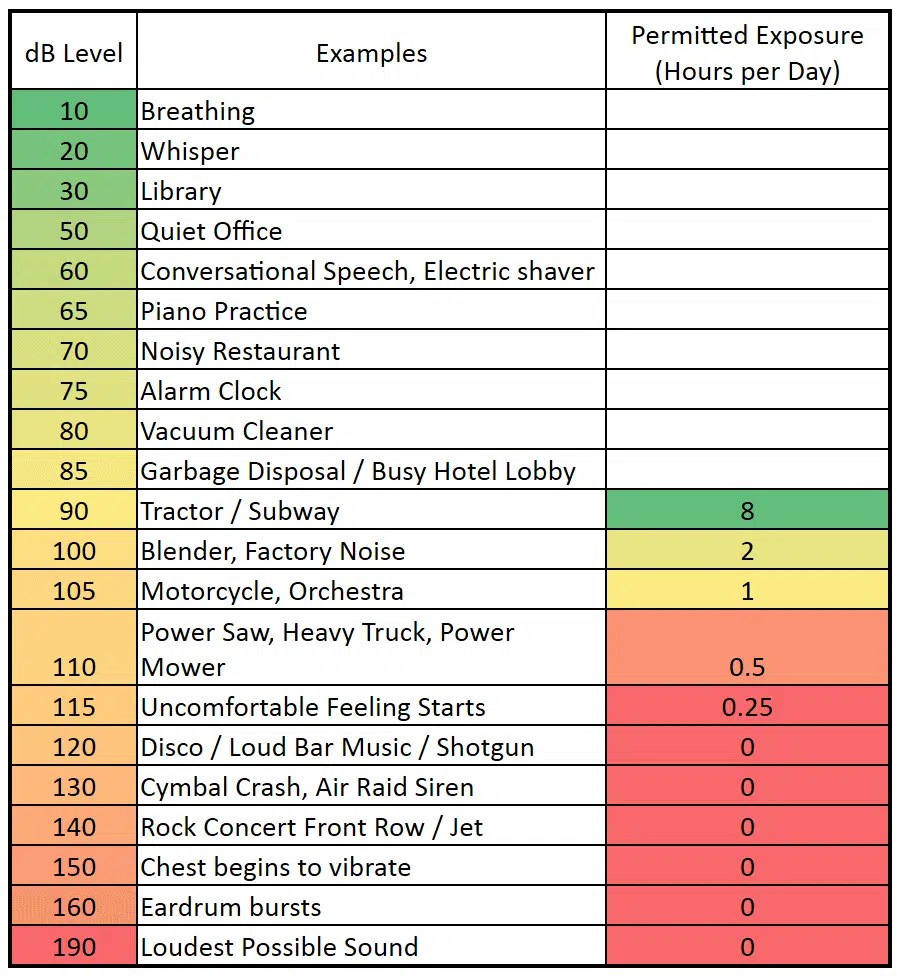When it comes to vehicles, safety is paramount, and one of the most essential safety features is the car horn. The sound it produces, measured in decibels, plays a crucial role in alerting other drivers and pedestrians to potential dangers. Understanding car horn decibels is necessary not only for compliance with legal standards but also for ensuring effective communication on the road. As we navigate through busy streets, the ability to sound our horns appropriately can mean the difference between a safe encounter and a potential accident. This article will delve into what car horn decibels entail, their significance, and how they can impact driving safety.
Decibels, a unit of measurement for sound intensity, can vary widely among different car horns. Typically, a car horn can range from 90 decibels to over 120 decibels, with some high-performance horns reaching even higher levels. Understanding these levels is crucial for both manufacturers and consumers. Not only do car horns serve a functional purpose, but they also contribute to the overall auditory landscape of urban environments, making it essential to strike a balance between being loud enough to be heard and not so loud that it becomes a nuisance.
As we explore the world of car horn decibels, we will answer several pertinent questions that arise regarding their effectiveness, regulations, and the technology behind them. Whether you're a car enthusiast, a driver looking to upgrade your horn, or simply curious about the sounds surrounding you on the road, this guide will provide valuable insights. Let's dive deeper into the fascinating topic of car horn decibels!
What Are Car Horn Decibels?
Car horn decibels refer to the measurement of sound intensity produced by a vehicle's horn. Generally, the louder the horn, the higher the decibel level. These levels are important for ensuring that the horn can effectively alert other road users.
How Are Car Horn Decibels Measured?
The measurement of car horn decibels is done using a sound level meter, which captures the sound intensity at a specific distance from the horn. Typically, measurements are taken from about 10 feet away, as this distance represents a realistic scenario in which a horn would be heard.
Why Are Car Horn Decibels Important for Safety?
Car horn decibels play a critical role in safety on the road. A horn that is too quiet may not be heard, while one that is excessively loud can be startling or even harmful. The right balance ensures that drivers can alert others without causing unnecessary alarm or noise pollution.
What Are the Common Decibel Levels for Car Horns?
Car horns typically fall within the following decibel ranges:
- Standard car horns: 90 to 110 decibels
- High-performance horns: 110 to 130 decibels
- Train horns: 130 to 150 decibels
Are There Regulations for Car Horn Decibel Levels?
Yes, many countries have regulations governing the acceptable decibel levels for car horns. These regulations aim to minimize noise pollution while ensuring that horns are audible enough to serve their purpose. Checking local laws before upgrading or modifying your car horn is crucial to avoid fines or penalties.
How Do Different Factors Influence Car Horn Decibels?
Several factors can influence the decibel level of a car horn, including:
- Type of horn (electronic vs. air horn)
- Environmental conditions (wind, urban vs. rural settings)
- Installation quality and angle of the horn
Can You Upgrade Your Car Horn for Better Decibels?
Yes, many car enthusiasts choose to upgrade their horns for improved sound quality and intensity. Aftermarket horns are available that can produce higher decibel levels, allowing for better audibility in various driving conditions. However, it is important to select an upgrade that complies with local regulations.
What Should You Consider When Choosing a Car Horn?
When selecting a car horn, consider the following factors:
- Decibel level: Ensure it meets safety standards.
- Type of horn: Choose between electric, air, or musical horns.
- Installation requirements: Determine if professional installation is needed.
Conclusion: The Role of Car Horn Decibels in Driving Safety
Understanding car horn decibels is essential for every driver. From ensuring your horn meets safety standards to choosing the right upgrade, being informed can enhance your driving experience and contribute to safer roads. By being mindful of the sound levels your vehicle produces, you can help maintain a harmonious auditory environment while still being able to communicate effectively with other road users.




